|
Cellular materials are either naturally occurring or engineered porous materials with ordered or disordered arrangement of pores. Periodic cellular solids, usually referred to as lattices are usually engineered to enhance performance attributes such as energy absorption, specific stiffness, specific strength, negative Poisson’s ratio etc. Although such tailored lattices exhibit excellent mechanical properties, their functional attributes such as self-sensing, self-healing etc., have thus far been seldom explored. The integration of sensing into architected lattice geometries will be beneficial for an array of applications. In a recent study published in Advanced Engineering Materials, researchers from the University of Glasgow (led by Prof S. Kumar), Massachusetts Institute of Technology (Prof. Brian Wardle), and the University of Cambridge (Prof. Vikram Deshpande) sought to develop self-sensing cellular composites via additive manufacturing. Such self-sensing materials enable transduction of mechanical stimuli into electric signals. This study is featured on the cover page of Advanced Engineering Materials. This was also highlighted in Advanced Science News: 3D Printed Self-Sensing Materials
Our labs are closed and Zoom might have replaced everything from review meetings to pub Fridays, but last week we received some good news! Computational modelling of inertia friction welding, written in collaboration with Dr Simon Bray at Rolls-Royce, was amongst the top 10% of the articles viewed from the 19th volume of the Proceedings of Applied Mathematics and Mechanics (PAMM); Special Issue: 90th Annual Meeting of the International Association of Applied Mathematics and Mechanics (GAMM). This was the first publication for both Ross Williams and Mark Docherty, making this a great start to their publication portfolios and a great achievement for our group as a whole.
We are very pleased to contribute to such an interesting publication and we would encourage all to attend the upcoming 91st GAMM Annual Meeting rearranged for 15th-19th of March 2021 (COVID-19 permitting, of course). You can find this and all other publications from the MMRG in the publications section of our website. Presentations: 5th Postgraduate Experimental Mechanics Conference + 2nd Best Presentation Award11/12/2019
Sheffield Hallam University recently hosted the 5th Postgraduate Experimental Mechanics Conference (PGEM) on the 6th and 7th of December. Organised by the British Society for Strain Measurement, the PGEM Conference aims to bring together PhD/MPhil postgraduate students and early career researchers involved in the field of Engineering measurement and experimental techniques in stress, strain and vibration analysis.
The conference covered areas of research such as Composites, Friction and Wear, and Tribology. Researchers from across the UK and further afield attended and presented at the PGEM conference. Alex, Saad, and Jack from the Materials and Manufacturing Research Group made the journey to Sheffield to take part in the conference. All of them presented recent developments in their research with an emphasis on recent experimental work. A ‘Best Presentation Competition’, sponsored by leading testing equipment manufacturer Instron, ran again during the conference based on peer-assessed judging by all attendees. We are delighted to share that PhD student Jack Perris won the second prize for his presentation on his latest work on the Contact Stiffness of micro-structured interfaces! MSc student Katy Devlin attended the final year poster presentation session, where she had the chance to present her research done within the group under the supervision of Dr Andrew McBride and Dr Daniele Barbera.
This annual event is an excellent opportunity for postgraduate students to showcase their work and gain some experience in interacting with people from various research backgrounds. At the same time, this event attracts several delegates from industry and academia, who are always looking for enthusiastic and forward-thinking engineers. Katy's work focused on the modelling of rotary friction welding using Abaqus and in-house developed code. Her results attracted interest from several attendees and particularly from the aerospace sector. As she has now completed her course, we would like to wish good luck to Katy for her future career and hope she's enjoyed being part of the group over the last year! The Materials & Manufacturing Research Group has been represented at the 14th World Conference on Titanium by PhD students; Scott Sneddon, Chris Triantafyllou and Enrique Frutos-Myro. The 5-day conference took place in Nantes, France over the past week, attracting over 600 delegates and featuring over 400 presentations from researchers all around the world. Scott presented his latest work on the mechanical response of Ti407 in the 'Deformation - α+β alloys' session on Tuesday and Chris presented some of his follow-up work on the Ti64 UD-rolled plate, as well as the first public presentation of his novel method of generating representative orientation sets for crystal plasticity simulations for heavily textured regions. Enrique contributed one of over 60 posters on display during the conference on three tools for characterising the tri-modal microstructures in TIMETAL 757. We also had the fantastic opportunity to visit the Airbus facility in Nantes, specialising on the manufacture of wing boxes, flat panels, air inlets and radomes primarily for the A320, A350 and A380s.
We would like to thank the organising committee and all the conference sponsors for a very interesting week, full of interesting talks that were relevant to the work that we are currently carrying out. The conference proceedings will be available towards the end of the year from the MATEC Web of Conferences platform. We are looking forward to the next conference in 2023, which will welcome the World Ti community in Scotland for the first time ever! MMRG PhD student, Ross Williams, recently attended the Strategic Partnership Conference organised by Rolls-Royce plc. This conference is held to purvey research which has occurred through a partnership between Rolls-Royce, the Engineering and Physical Sciences Research Council (EPSRC), and academic institutions. Ross was flying the flag for Scotland even though the University of Glasgow is not in the partnership as an institution, as his funding and project are closely related to key Rolls-Royce objectives around friction welding.
Held at the Vale Resort near Cardiff, the conference featured a broad spectrum of presentations; from computational mechanics to experimental mechanics, materials characterisation and even some machine learning. Ross presented recent work of his and his colleagues Dr Daniele Barbera, Mark Docherty, and Dr Andrew McBride, alongside presentations from PhD students also working on friction welding technologies at Birmingham and Swansea Universities. The MRG was recently represented by Ross Williams at the 90th Annual Meeting of GAMM, hosted in the city of Vienna, Austria. There, a follow-up to the presentation at the ECCM was presented, including recent developments on modelling the Inertia Friction Welding process. These include the introduction of an isotropic hardening law capable of capturing the difference in flow stress over a wide range of temperatures and strain rates.
Coinciding with the General Assembly of GAMM, this year's conference attracted over 1,000 delegates presenting work in areas spanning mathematics, material modelling and scientific computing, to name a few. Organised by the Vienna University of Technology (TU Wien) and hosted by the Universität Wien, the conference was a great success and we are looking forward to the next Annual Meeting in Kassel in 2020! Presentations: 4th Postgraduate Experimental Mechanics Conference + Best Presentation Award10/12/2018
The University of Glasgow hosted for the first time the Postgraduate Experimental Mechanics Conference (PGEM) on the 6th and 7th of December. Organised by the British Society for Strain Measurement, he PGEM Conference aims to bring together PhD/MPhil postgraduate students and early career researchers involved in the field of Engineering measurement and experimental techniques in stress, strain and vibration analysis. Due to its relevance to a lot of our work and proximity, the conference was well attended by our group with Kayleigh, Scott, Colin, Chris, Ross, Alex & Saad presenting during the 2-day event! The conference attracted researchers from 10 different UK and European universities and the work presented focused on key areas including composites, metals, tribology and biomaterials. A ‘Best Presentation Competition’, sponsored by leading testing equipment manufacturer Instron, ran during the conference based on peer-assessed judging by all attendees. We are delighted to share that MRG PhD student Chris Triantafyllou won the first prize for his presentation on his latest work on the fatigue behaviour of Ti64 UD plate. We would like to thank the organisers for the smooth running of the conference and we hope to see everyone at next year's PGEM conference at Sheffield Hallam University! You can find out more about the BSSM and the conference sponsors below: As this is also our final update for 2018, we would like to wish you all a very Merry Christmas! We'll be back with more news and updates in 2019!
Last week, MRG PhD students Kayleigh Nelson and Chris Triantafyllou went to Oxford, UK to present updates on their latest work at the 2nd International Workshop on Mechanistic Behaviour of HCP Alloys organised by HexMat! The workshop took place at the beautiful surroundings of Pembroke College of the University of Oxford from the 16th-19th of September, attracting speakers from the UK, France and the US. Organised by HexMat, the 5-year collaborative EPSRC programme focusing on hexagonal metals for the aerospace, defence and energy sectors, the workshop also welcomed speakers and attendees from industry, including Rolls-Royce and TIMET, as well as from organisations including the UK Atomic Energy Authority.
As the majority of talks focused on titanium, this was a great opportunity for us to present our latest work to a highly specialised audience, have stimulating and engaging discussions on some of the issues currently faced in industry, as well as get some advice for our own research. Many thanks to Saira Naeem, Ben Britton and Fionn Dunne of Imperial College London for their wonderful work and effort in organising and running the workshop! MSc student Martin Packham presented his summer project research work on carburisation of thin-walled pipes at high-temperature at the 28th International Workshop on Computational Mechanics of Materials (IWCMM) in Glasgow between the 10th and the 12th of September 2018. This research project, supervised by Dr Daniele Barbera, has been sponsored by EPSRC through a scholarship for students willing to start a PhD. The research done has yielded interesting results that will be used to further explore research directions in the field. In addition, the research work will be extended through a collaborating with the University of Strathclyde and results will be submitted for publication.
Within the same conference, Dr Daniele Barbera presented his work on unexpected plastic strain accumulation in the notched bar during high-temperature creep dwell. The audience has welcomed the results presented and new research collaborations have been discussed. The overall event was a great success and an excellent opportunity to disseminate the research done at MRG. |
Research
|
About us
|
|

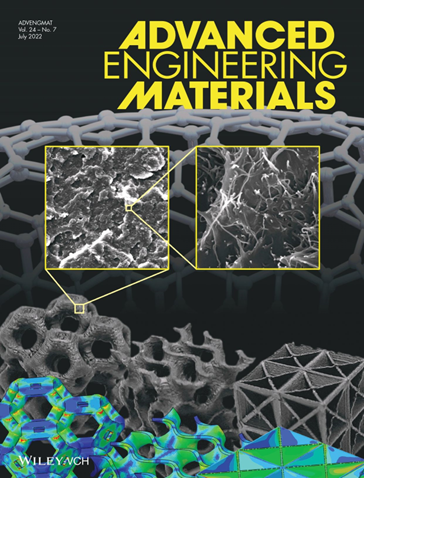
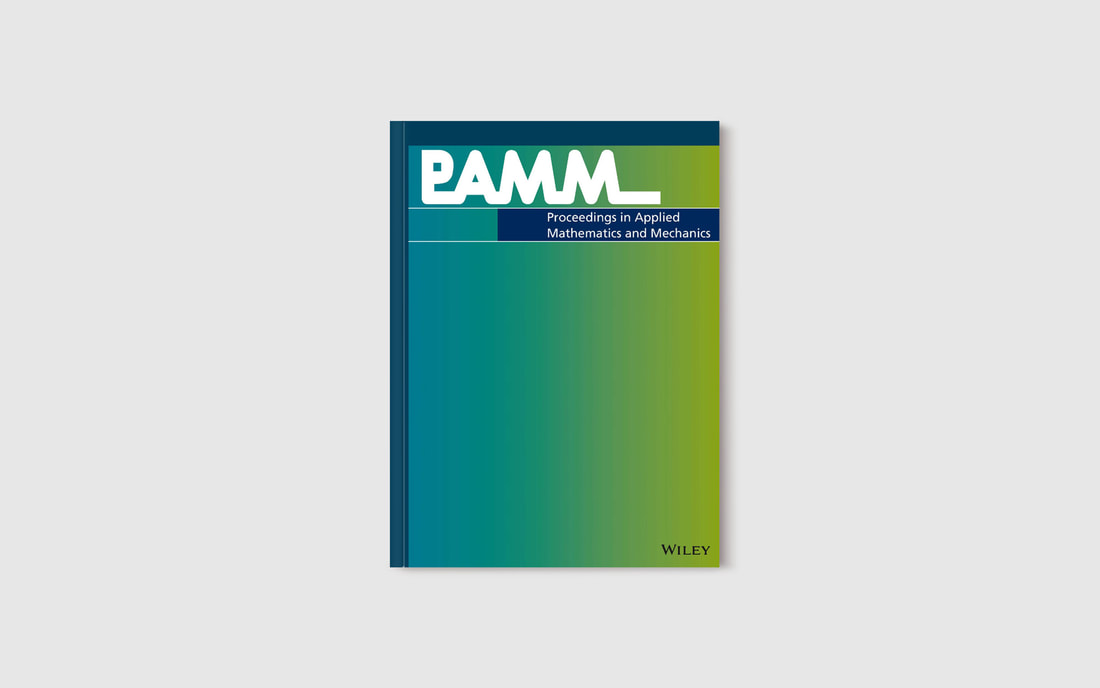
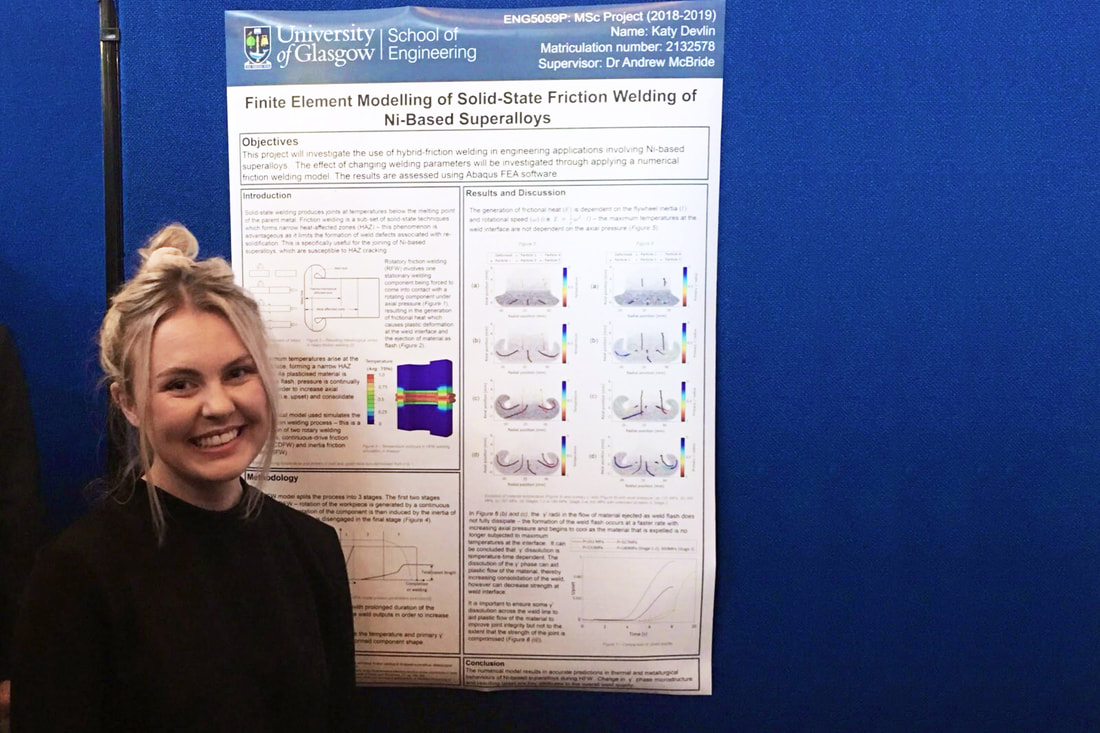
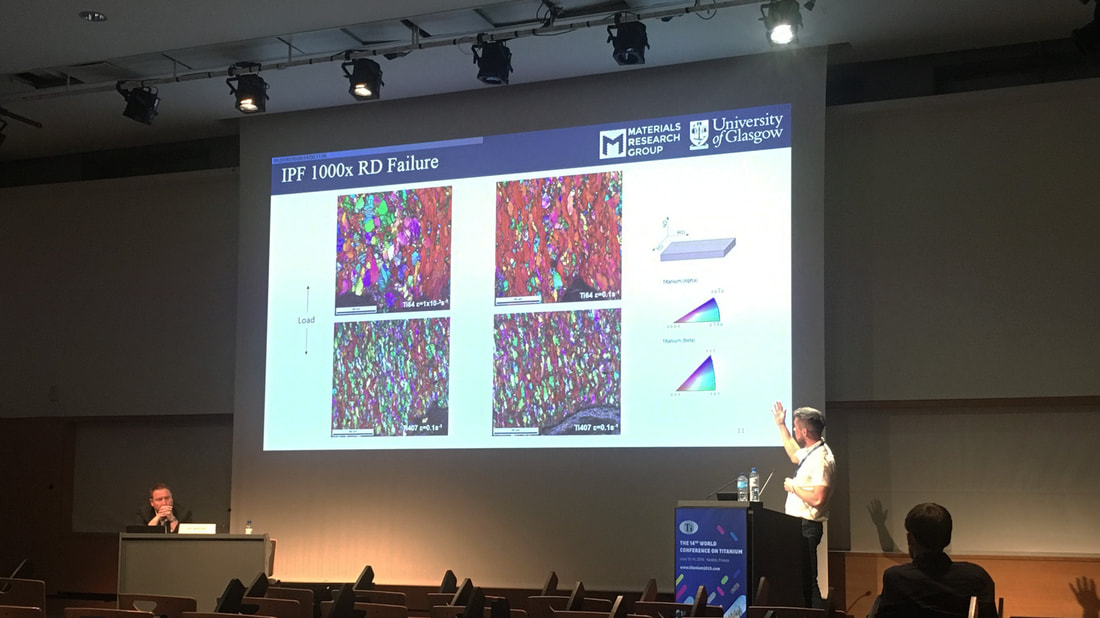
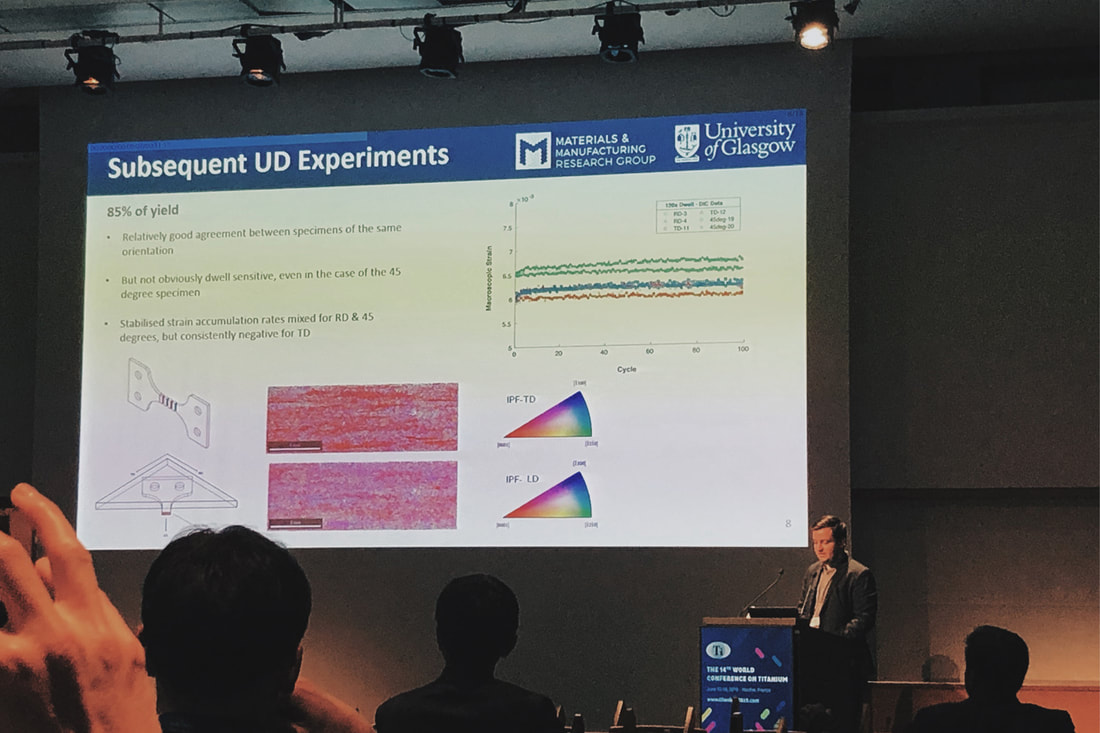
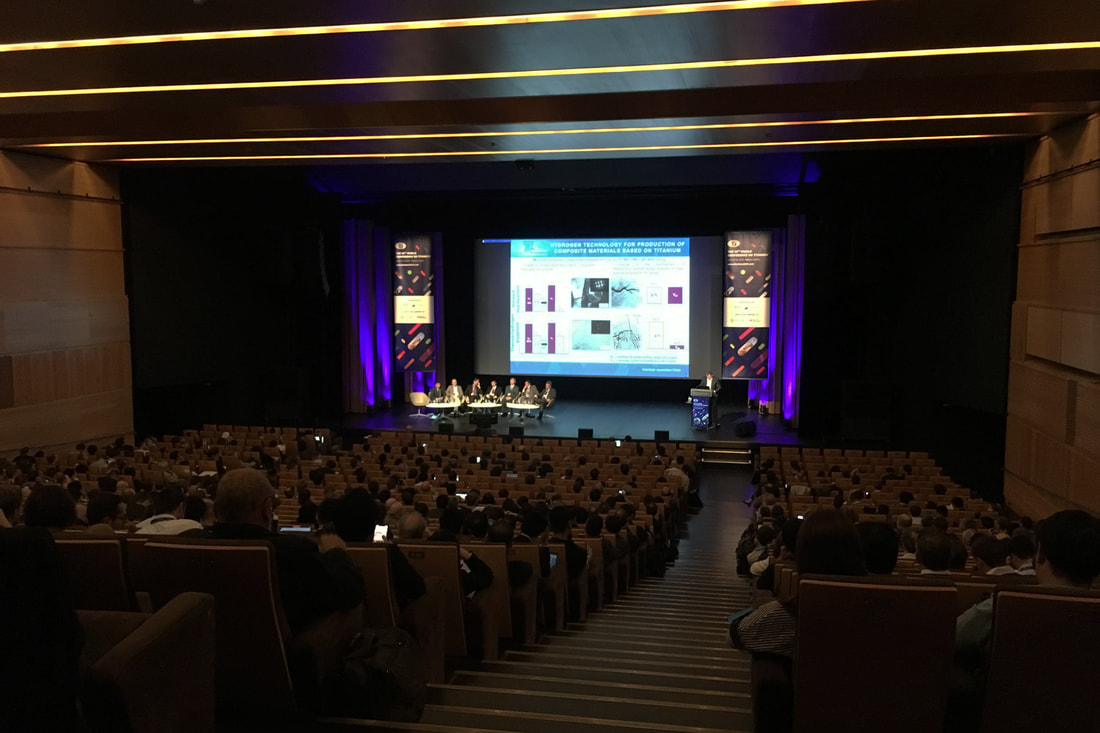
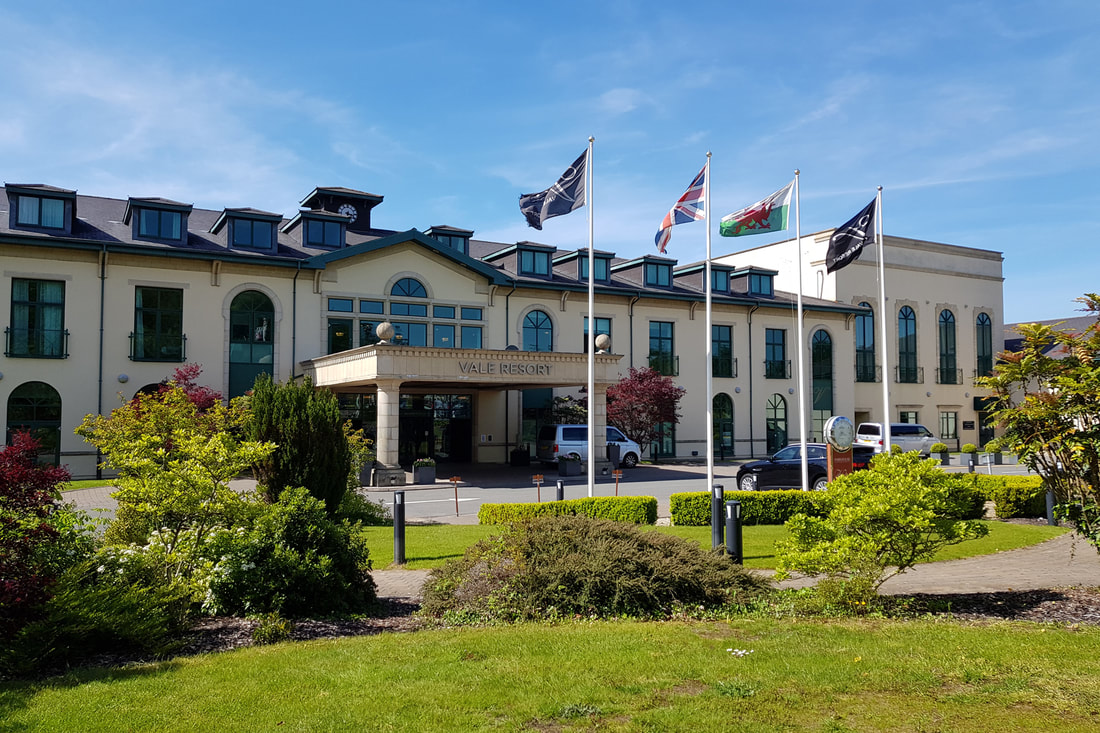
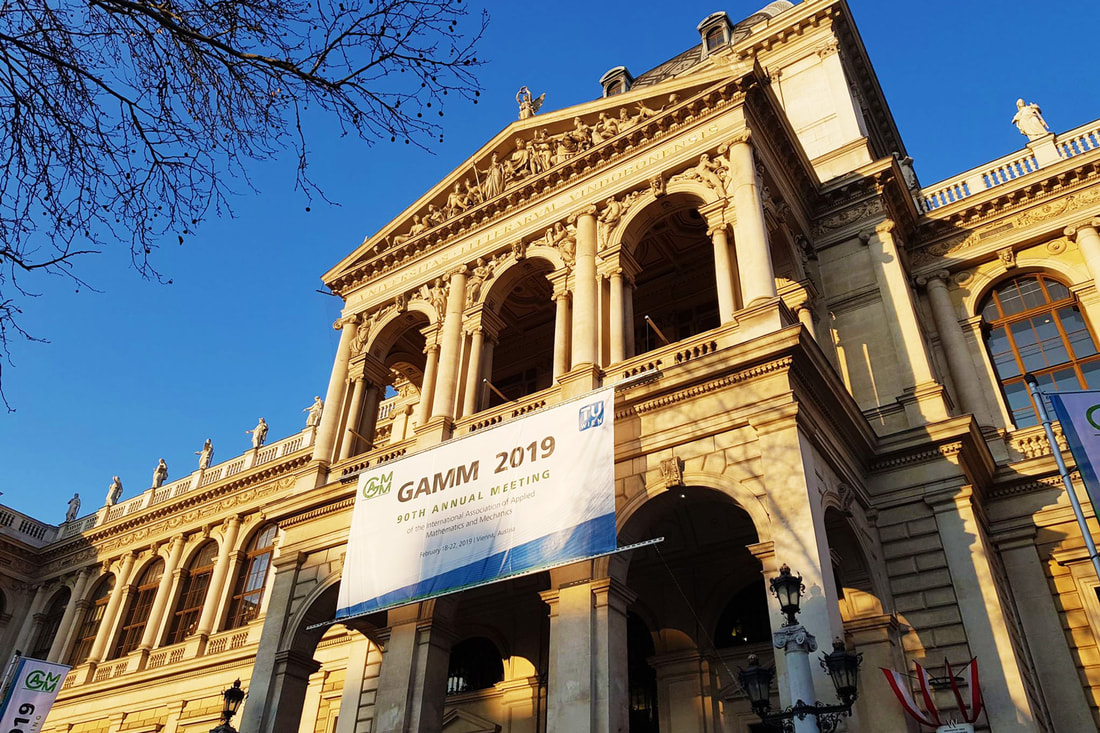
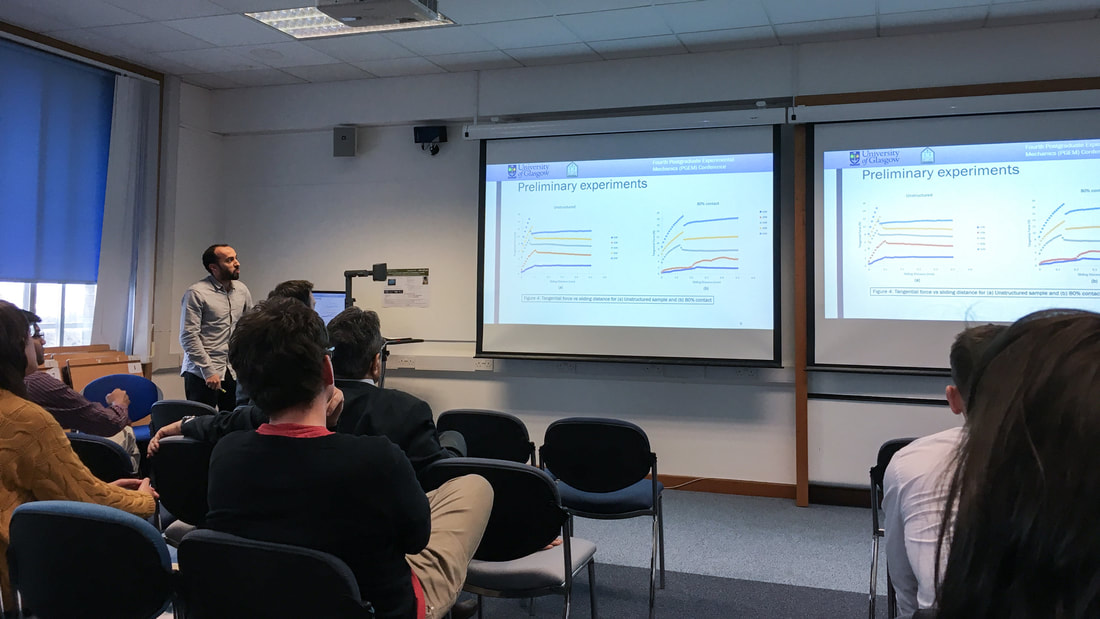
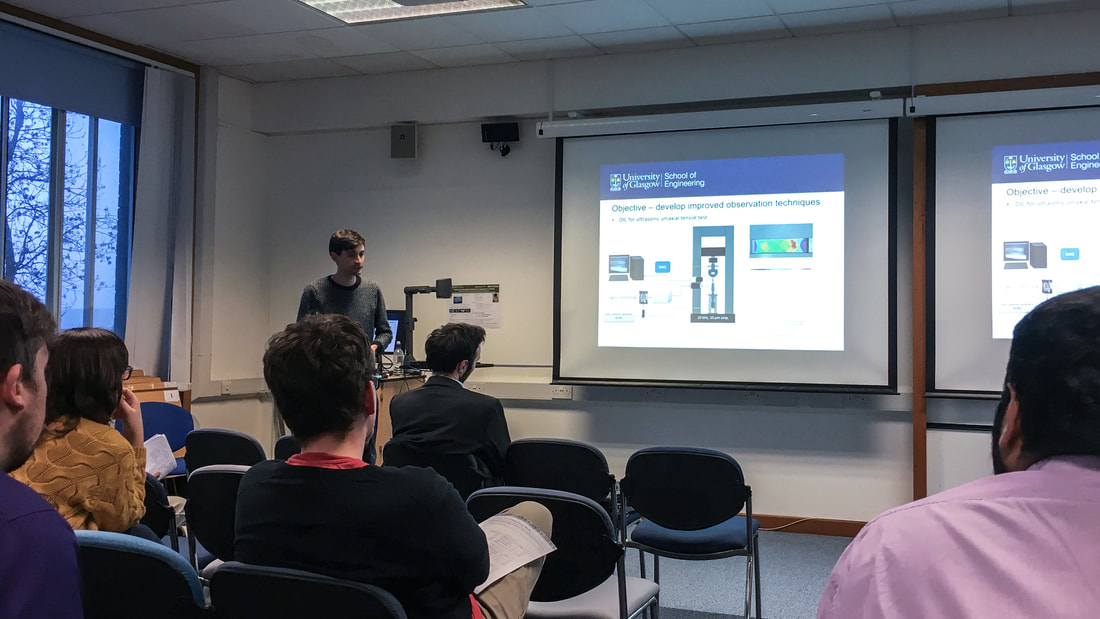
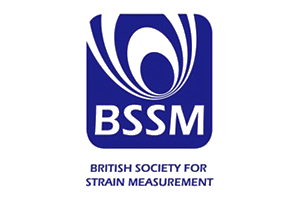
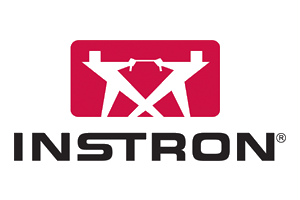
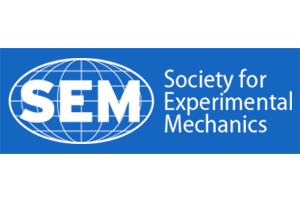

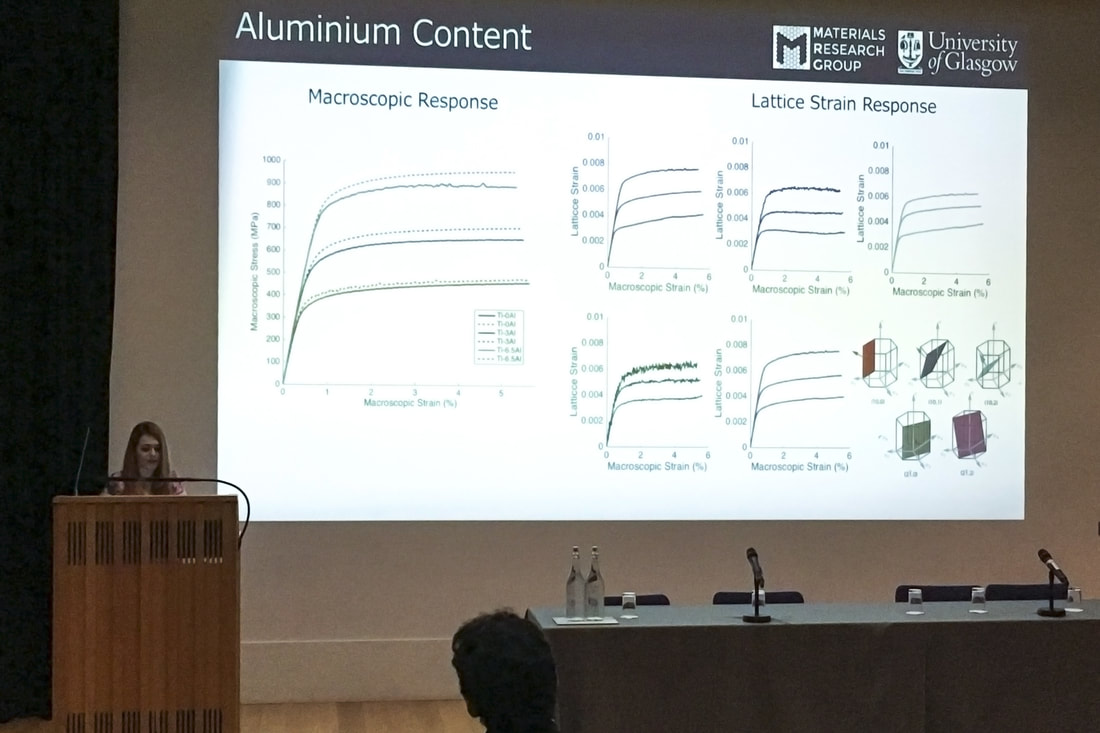
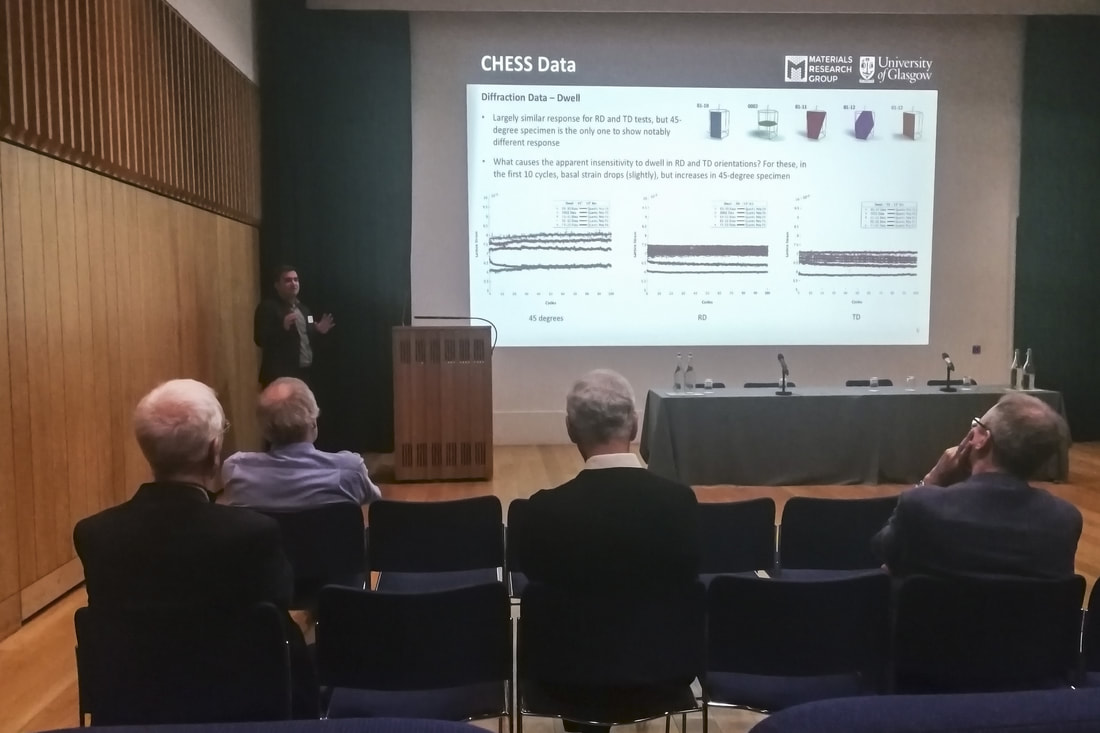
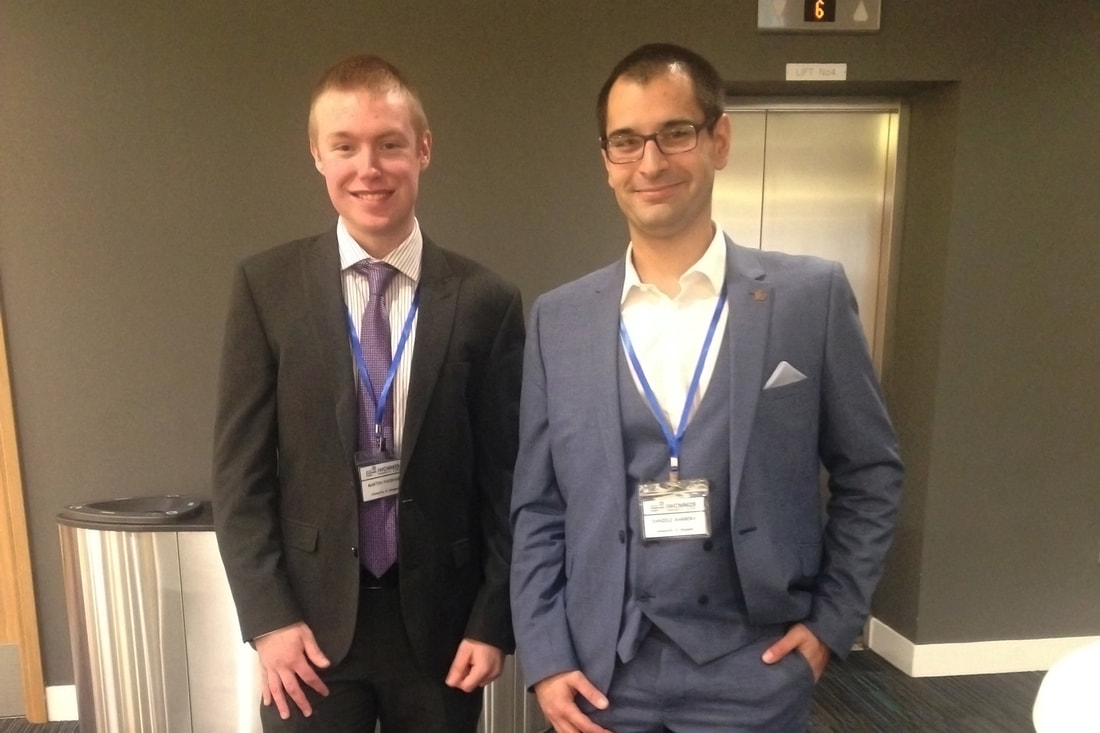
 RSS Feed
RSS Feed